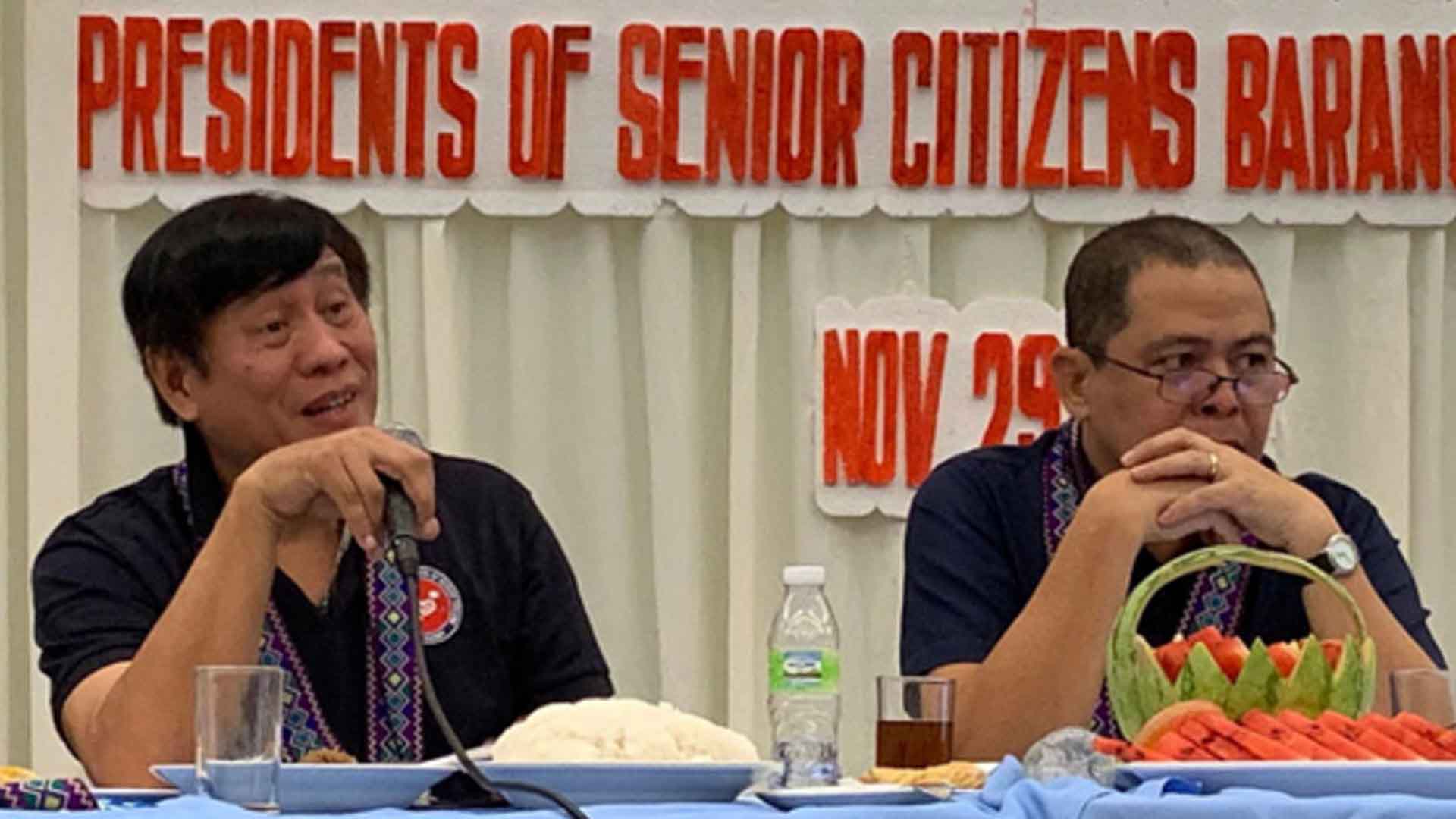Citing they “still have so much to contribute,” officials of the National Commission of Senior Citizens (NCSC) urged senior citizens here Tuesday to assert their rights and take a more proactive role in local development and governance.
Lawyer Franklin M. Quijano, NCSC chairperson and chief executive officer, said senior citizens should make their voices better heard by participating in governance processes in the barangays and even up to the regional level.
Quijano said the elderly, currently estimated at more than 12 million individuals nationwide, are among the most organized sectors and deserves to be properly consulted by local government units (LGUs).
“We can participate in the governance process, starting in our own barangays, by taking part in the local development councils,” he said during the general assembly of the city’s Federation of Senior Citizens Association of the Philippines (FSCAP) chapters held at the Grand Astoria Hotel.
This city has more than 100,000 senior citizens and with about 40,000 listed as members of the federation in its 98 barangays.
Citing provisions of Republic Act 7160 or the Local Government Code, Quijano said the elderly sector plays an integral part in overall governance and should participate in local development planning and related processes.
He said the sector should have proper representation in local development councils, especially in the barangays, cities and municipalities, provinces, and the regional level.
They can propose projects, programs, and activities that can be included in the development plans and eventually funded through the mandatory 1 percent allocation in the budgets of LGUs, he said.
Aside from that, Quijano said senior citizens may also seek additional appropriation through the Gender and Development component, which comprises 5 percent of the budget.
“Senior citizens are recognized as pillars in nation-building, so we must assert that and not just content ourselves with token tee-shirts during elderly week celebrations,” he said.
NCSC Commissioner Edwin G. Espejo, who also joined the assembly, said it is important for the federation and even other local senior citizens associations to get accredited with the LGUs, so they could take part in the process.
He said local governments mainly recognize and accredit sectoral organizations through the barangay, city, municipal and provincial boards or legislative councils.
“Once they are already accredited and become members of the local development councils, they can already participate in the planning process and also receive other benefits from the LGUs,” he said.
The general assembly was called by the federation to tackle various pressing concerns of the sector and to select the nominees for the next head of the city’s Office for Senior Citizens Affairs (OSCA).
City Mayor John Dalipe, who is set to appoint the new head from at least three nominees from the federation, said his office would closely work with the incoming OSCA head to ensure that the needs of the sector would be properly addressed.
Dalipe assured the local government would regularly consult and engage with the sector as he acknowledged their contribution to the city’s development and progress over the years.
“We will continue to prioritize programs to promote the welfare and development of our senior citizens,” the mayor said in his message during the assembly. (PNA)







